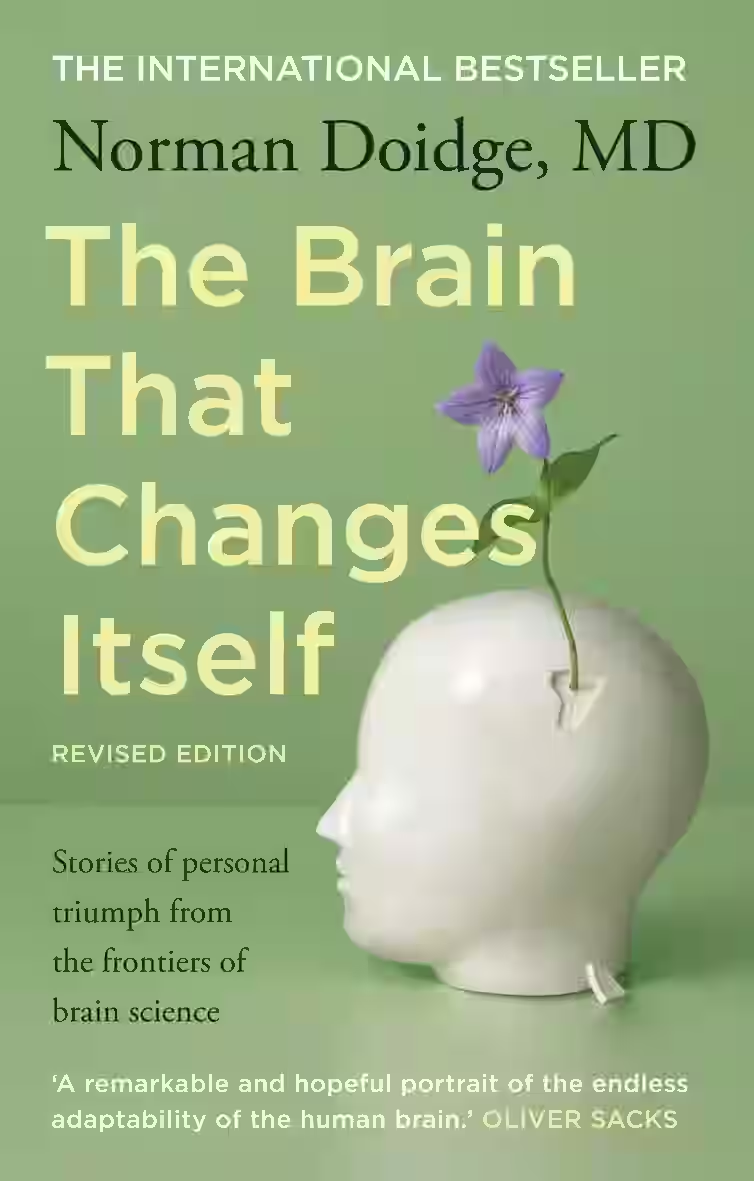
In 'The Brain That Changes Itself' by Norman Doidge, readers embark on a fascinating journey through neuroscience and the concept of neuroplasticity. Through engaging storytelling and insightful research, Doidge delves into the brain's remarkable ability to rewire itself, challenging long-held beliefs about its fixed nature. He presents compelling real-life cases of individuals overcoming physical and mental challenges through the brain's adaptability, offering hope and inspiration. From stroke victims to individuals with learning disabilities, each story showcases the brain's astonishing potential for change. Doidge's exploration of neuroplasticity revolutionizes our understanding of the brain and opens up new possibilities for personal growth and healing.
About Norman Doidge
Norman Doidge is a Canadian author, psychiatrist, and researcher known for his groundbreaking work in the field of neuroplasticity. He earned his medical degree from the University of Toronto and has been a faculty member at Columbia University's Center for Psychoanalytic Training and Research. Doidge's seminal book 'The Brain That Changes Itself' explores the brain's remarkable ability to rewire and adapt, transforming our understanding of how the mind operates. His writing has popularized complex scientific concepts, making them accessible to a broader audience. Doidge's work has had a profound impact on literature, inspiring readers to view the brain as a malleable organ capable of regeneration and growth.
Similar Books
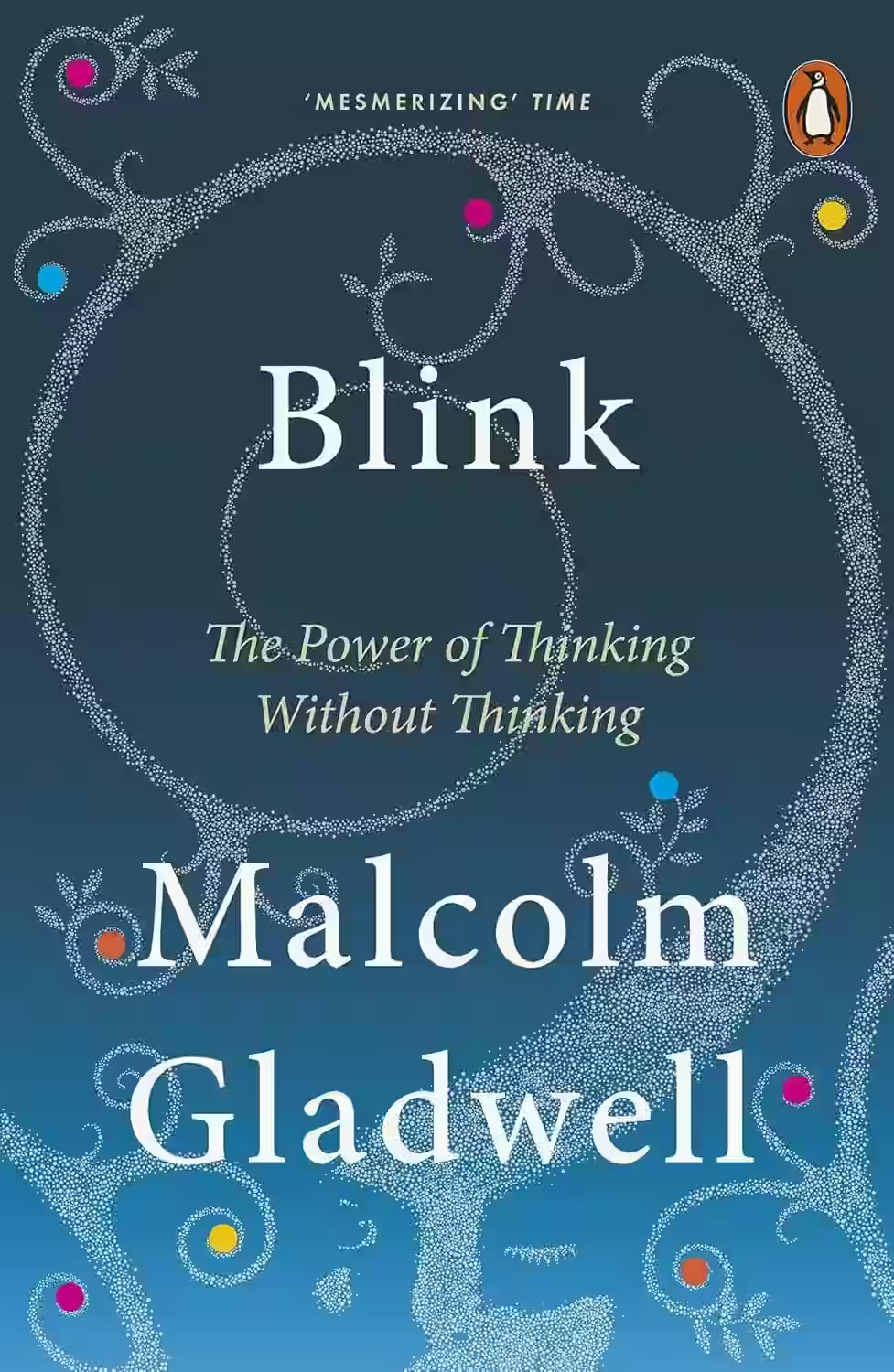
Blink: The Power of Thinking Without Thinking
In 'Blink: The Power of Thinking Without Thinking,' Malcolm Gladwell delves into the intriguing concept of rapid cognition and its impact on decision-making. Through captivating anecdotes and thought-provoking research, Gladwell explores how our intuition and subconscious play a significant role in our choices. He discusses the power of thin-slicing, the ability to make quick judgments based on limited information, and raises questions about the reliability of snap judgments. This book challenges conventional wisdom on how we make decisions and offers valuable insights into the hidden forces that shape our choices. 'Blink' is a compelling read that will make you reassess the way you think and decide.
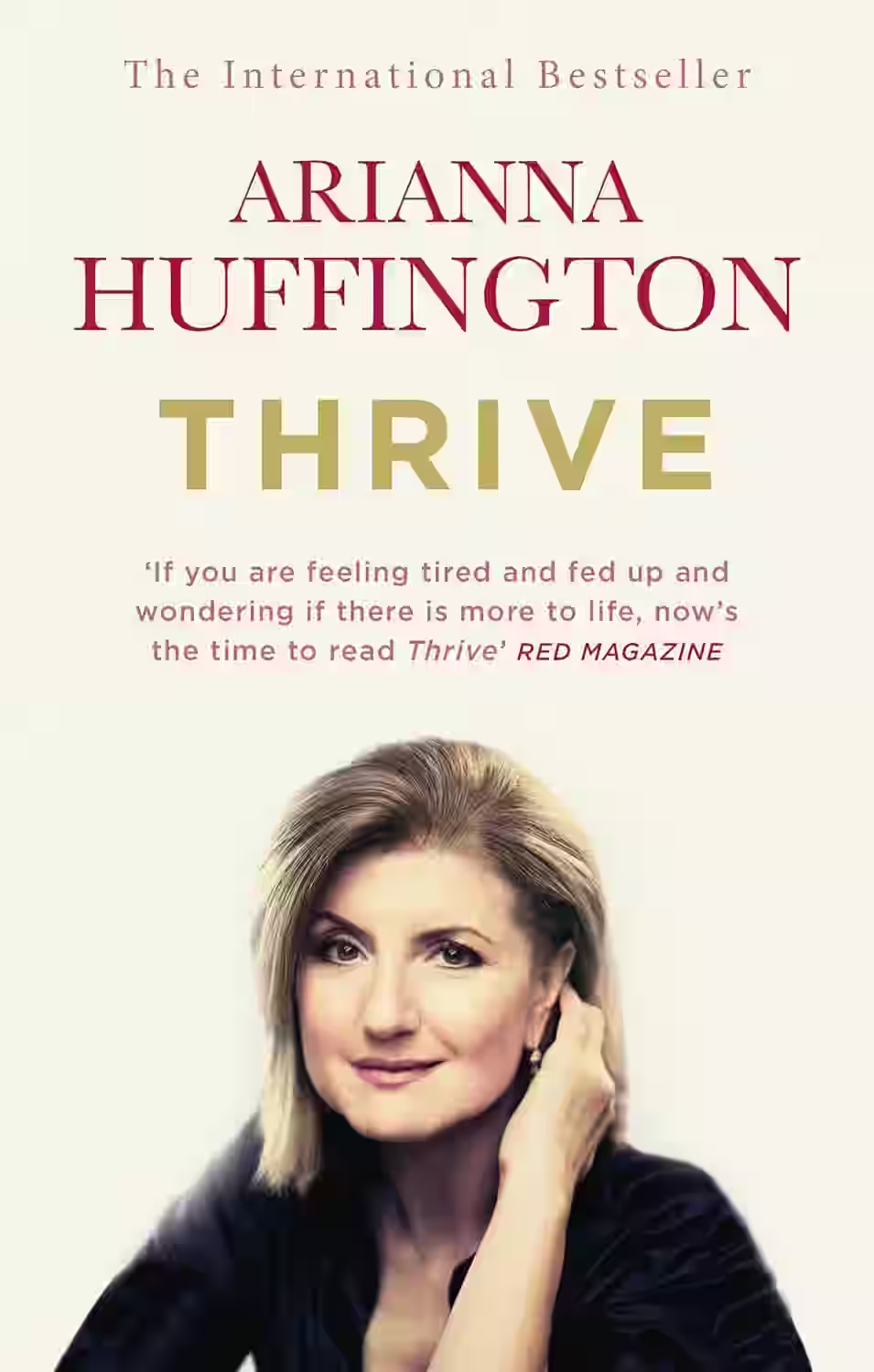
Thrive
In Thrive, Arianna Huffington redefines success beyond wealth and power, proposing a third metric rooted in well-being, wisdom, wonder, and giving. Drawing from research and her own life, she argues that burnout and stress are not badges of honor but symptoms of a misguided culture. The book explores mindfulness, sleep, gratitude, and compassion as essential to living a fulfilling life. Huffington weaves personal anecdotes with scientific insights to promote a more holistic vision of success—one that nurtures both the self and the community. Thrive serves as a call to prioritize what truly matters in a fast-paced world.
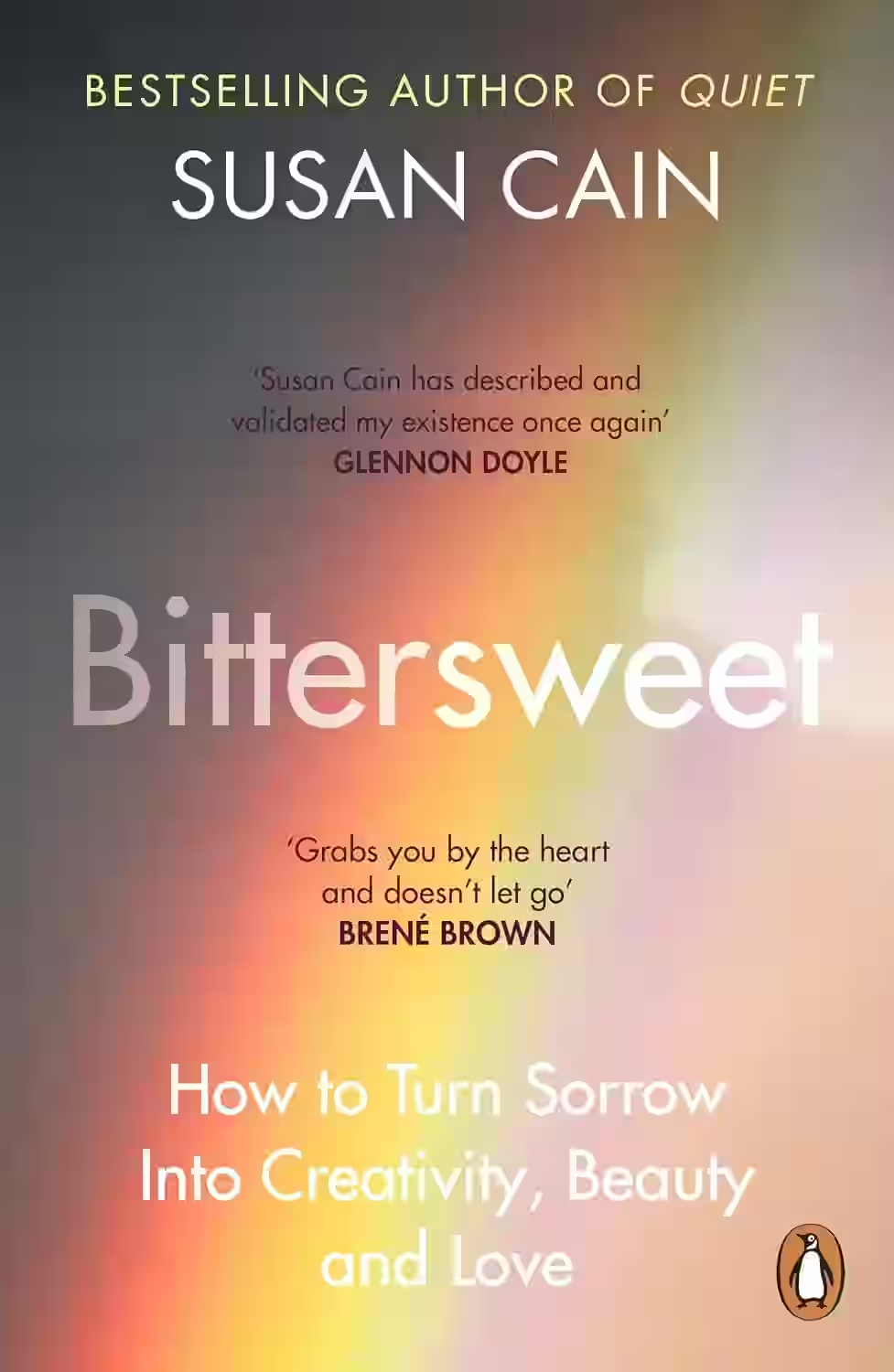
Bittersweet
by Susan Cain
In Bittersweet, Susan Cain examines the power of embracing sorrow and longing as essential aspects of the human experience. She argues that acknowledging and accepting these emotions can lead to greater creativity, connection, and fulfillment. Drawing on research and personal anecdotes, Cain challenges the cultural emphasis on constant positivity, advocating for a more nuanced understanding of happiness. The book offers a compelling perspective on the value of melancholy and its role in leading a meaningful life.
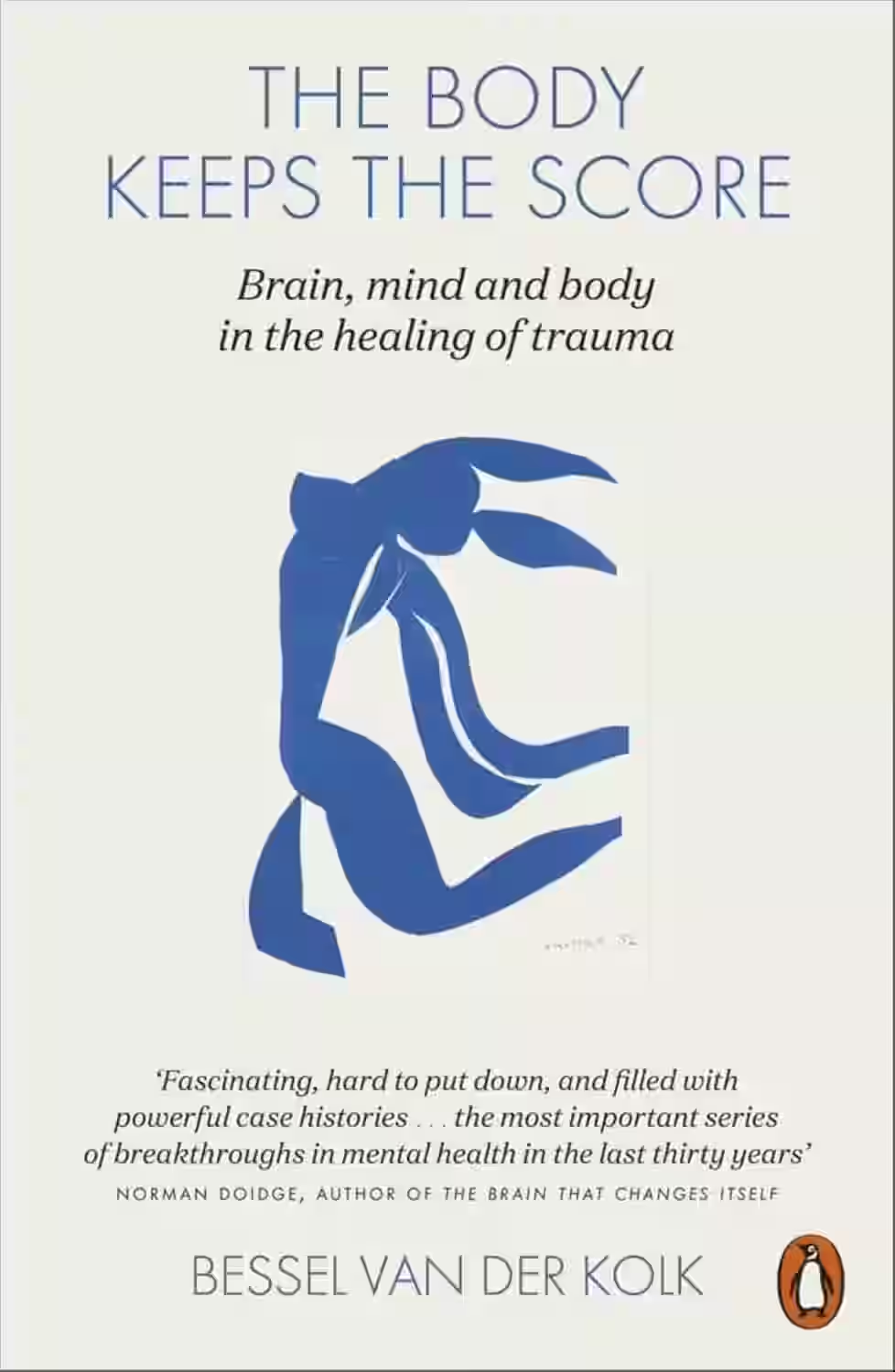
The Body Keeps the Score: Brain, Mind, and Body in the Healing of Trauma
In 'The Body Keeps the Score,' Bessel van der Kolk delves into the complex world of trauma and its long-lasting effects on the brain, mind, and body. Drawing upon his extensive experience as a psychiatrist, van der Kolk elucidates the intricate ways in which trauma manifests itself and explores innovative therapeutic approaches to aid in the healing process. Through poignant anecdotes and scientific research, the author highlights the significance of understanding trauma not just as a psychological issue but also as a physiological one. This groundbreaking book sheds light on the resilience of the human spirit and offers a profound insight into the interconnectedness of body and mind in processing trauma.